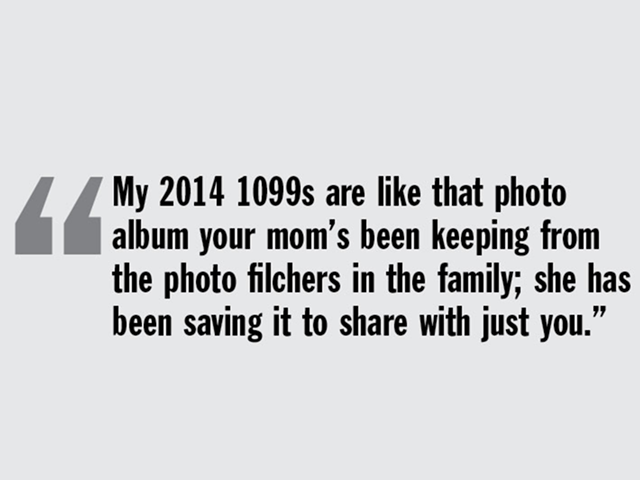The University of Cincinnati hosted the White House Task Force on 21st Century Policing Jan. 30 and 31, bringing together experts from across the country to discuss ways policing might change.
President Barack Obama created the task force in December to garner suggestions about reforms in policing. An intense discussion on law enforcement policies has continued nationwide following the deaths of unarmed black citizens at the hands of police, including the police-involved killings during the past year of John Crawford III in Beavercreek, Tamir Rice in Cleveland and Mike Brown in Ferguson, Mo.
A number of panels testified before the task force, which is also meeting in Washington, D.C., and Phoenix. Among topics discussed were innovations in police-community relations, reforms to police response to protests, changes to use of force rules for law enforcement agencies and related issues. The heads of the Chicago, Los Angeles and Las Vegas Police Departments spoke about need for reform and successful changes in their departments on various panels, as did Sim Gill, district attorney of Salt Lake County, Utah.
“When we fail to hold bad officers accountable, good officers suffer,” Gill said. “If we want to help our good officers, we should embrace this challenge in an open and transparent way.”
Rashad Robinson of advocacy group the Color of Change decried tactics employed by police departments around the country that try to curtail crime by focusing on small infractions.
Robinson says the so-called broken window approach to policing is a “failed policy.” He says black communities around the country want to feel like law enforcers are held accountable.
“We are going to have to look at different ways of policing our communities and solving crimes,” Robinson said. “The way we’re conducting this right now in our communities … going after the most vulnerable … hasn’t made us any better as a nation.”
On a later panel, Jay McDonald, head of the Ohio Fraternal Order of Police, agreed that scrutiny of police practices is needed but cautioned against putting too many constraints on officers’ ability to carry out their jobs.
“At the end of the day, we have to rely on [officers’] judgment,” McDonald said. “There needs to be scrutiny, and there need to be sanctions. But the vast majority of interactions result in no force. And the vast majority of interactions where there was force, the officer was justified.”
Cincinnati was an obvious choice for the panel. The city was the site of civil unrest in 2001 after officer Stephen Roach shot and killed unarmed 19-year-old Timothy Thomas in Over-the-Rhine. After the unrest, police and the community drew up a federally enforced plan for reform called the collaborative agreement.
The collaborative agreement has been suggested as a model for other departments around the country and was praised by some at the task force sessions.
“It’s fair to say, not an exaggeration, that the agreement really transformed this police department,” said Darius Charney of the Washington, D.C.-based Center for Constitutional Rights.






